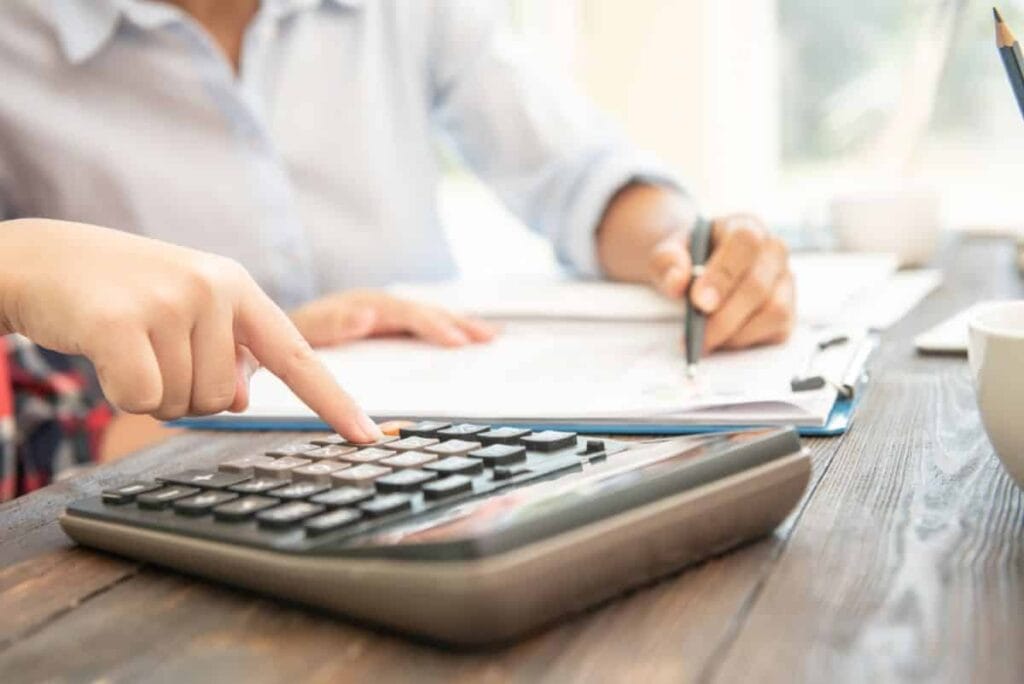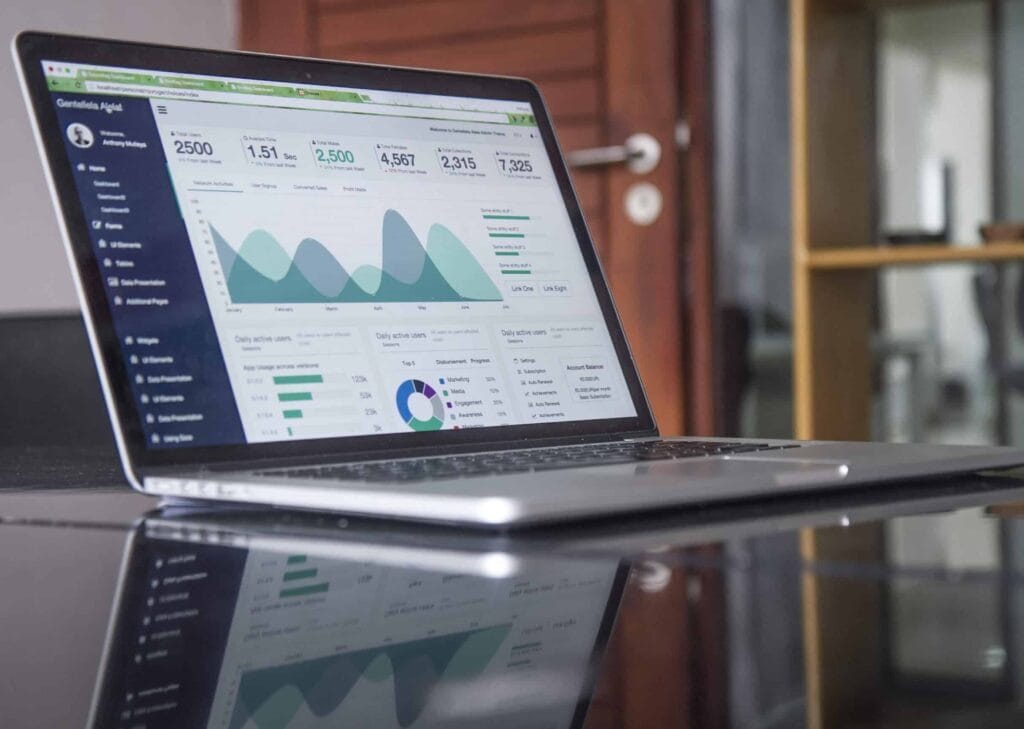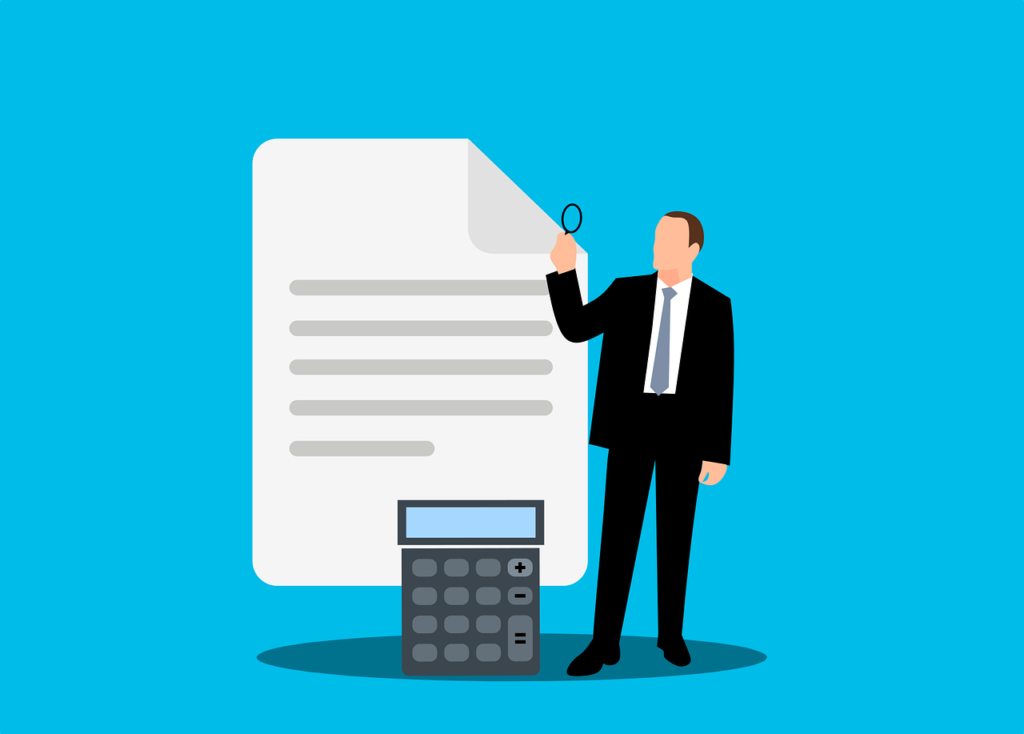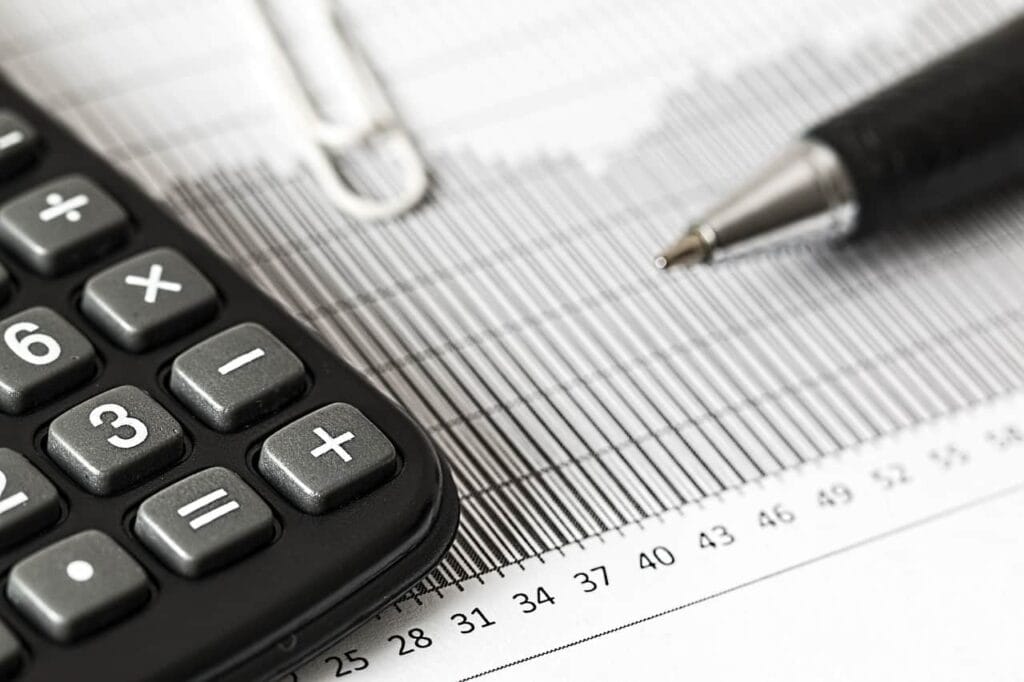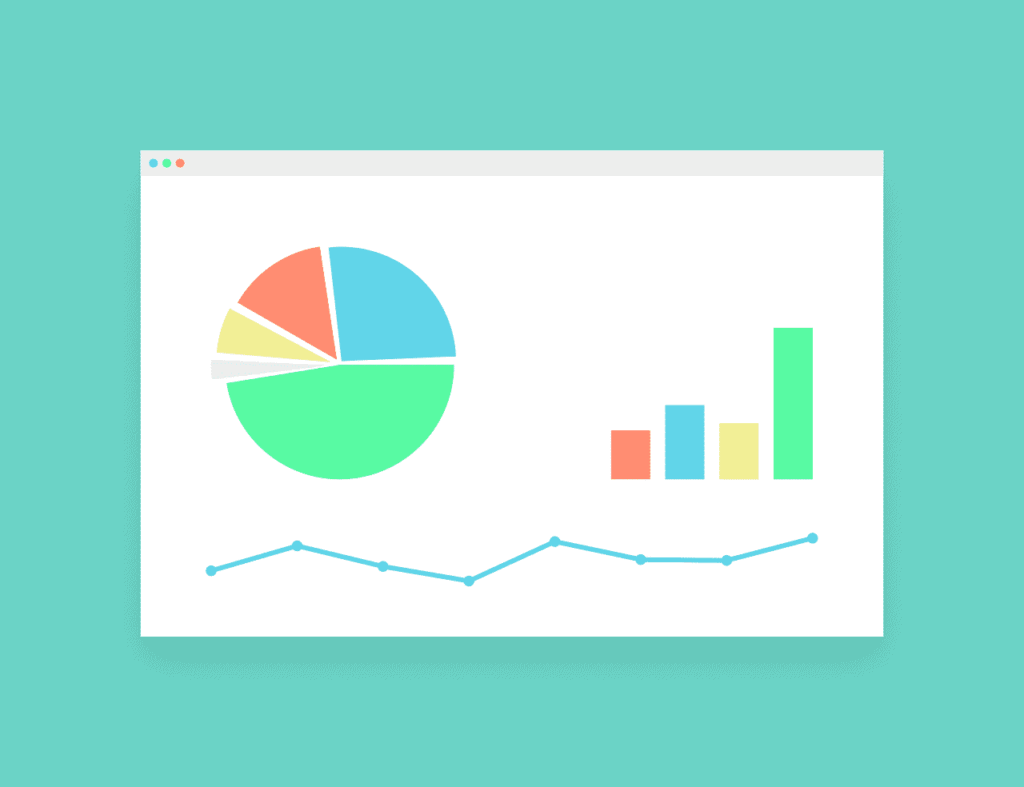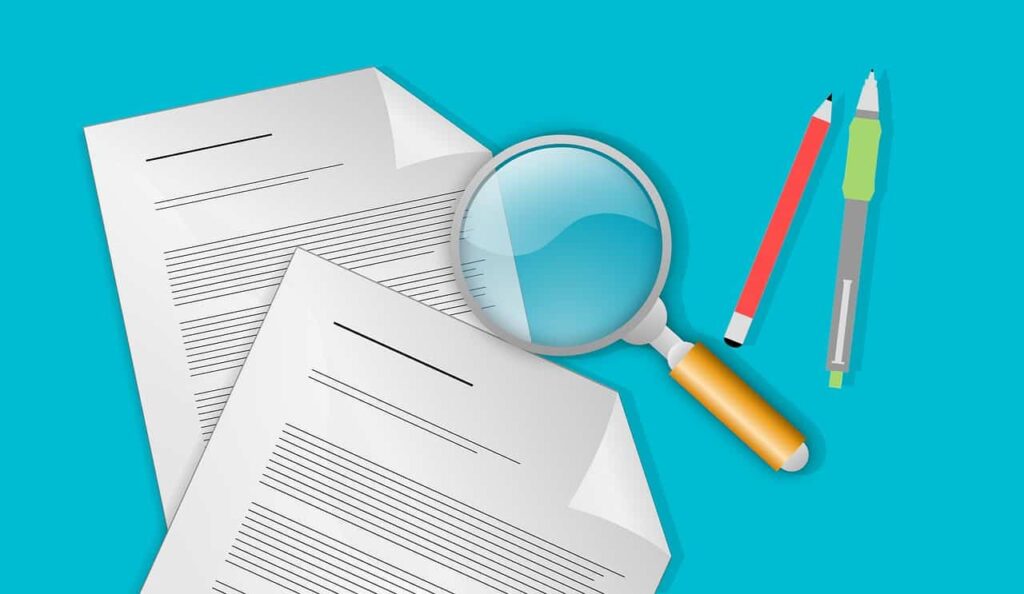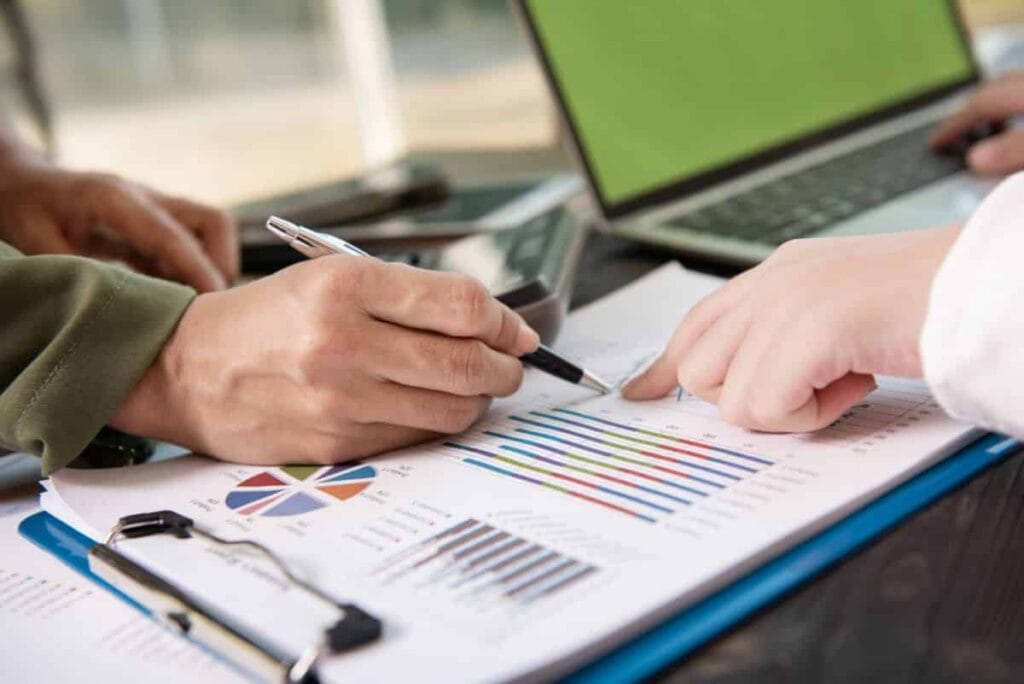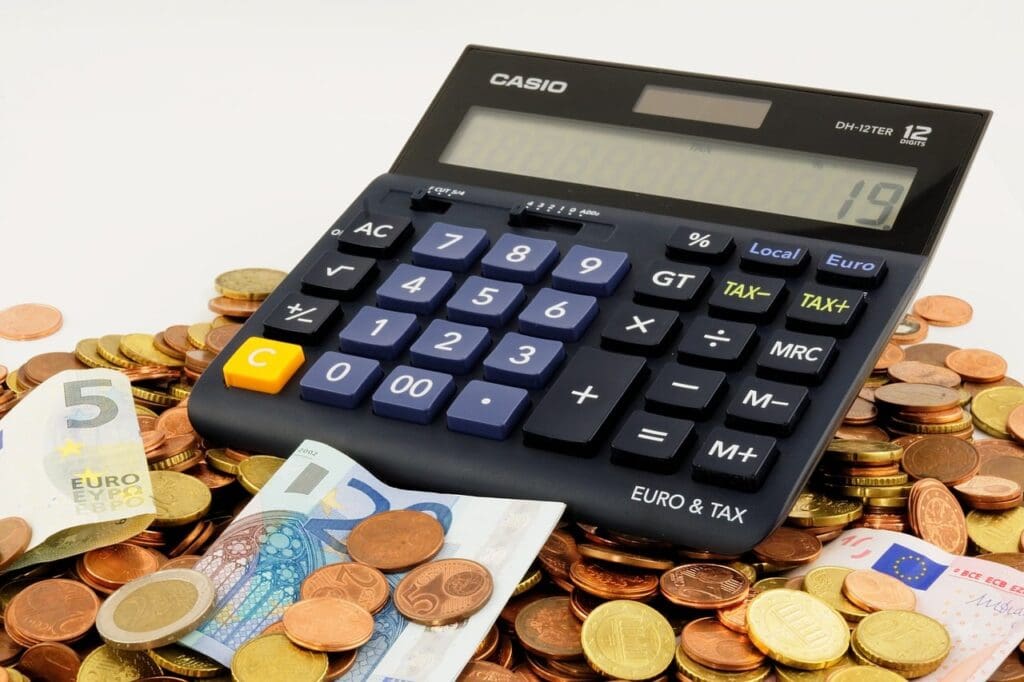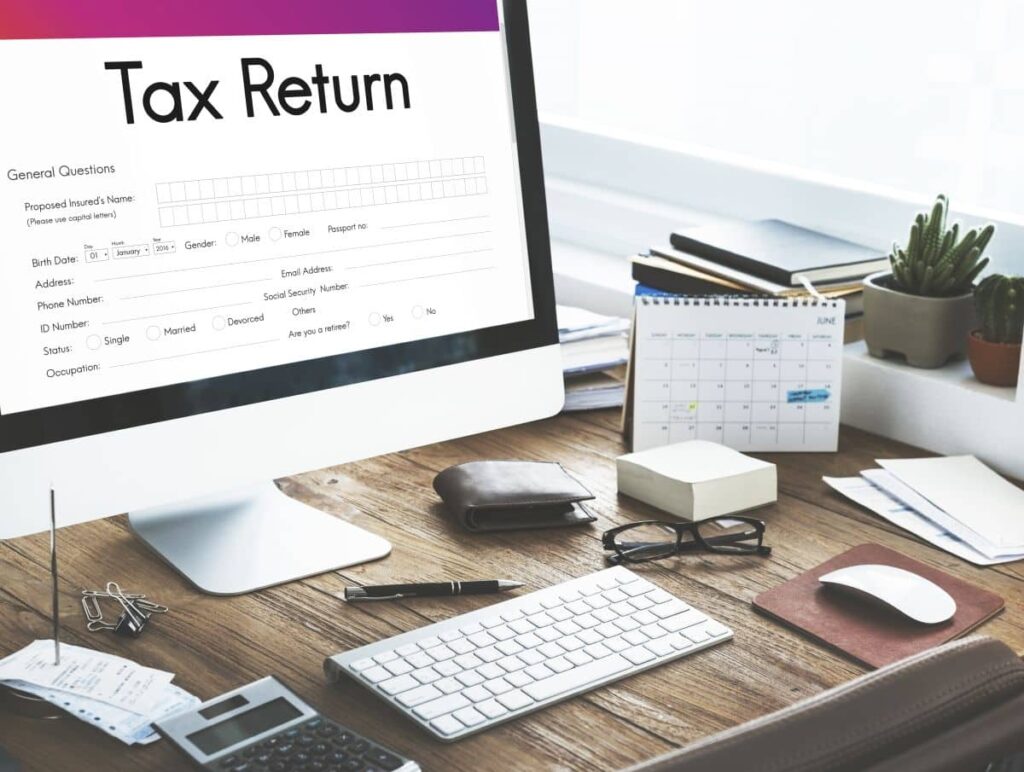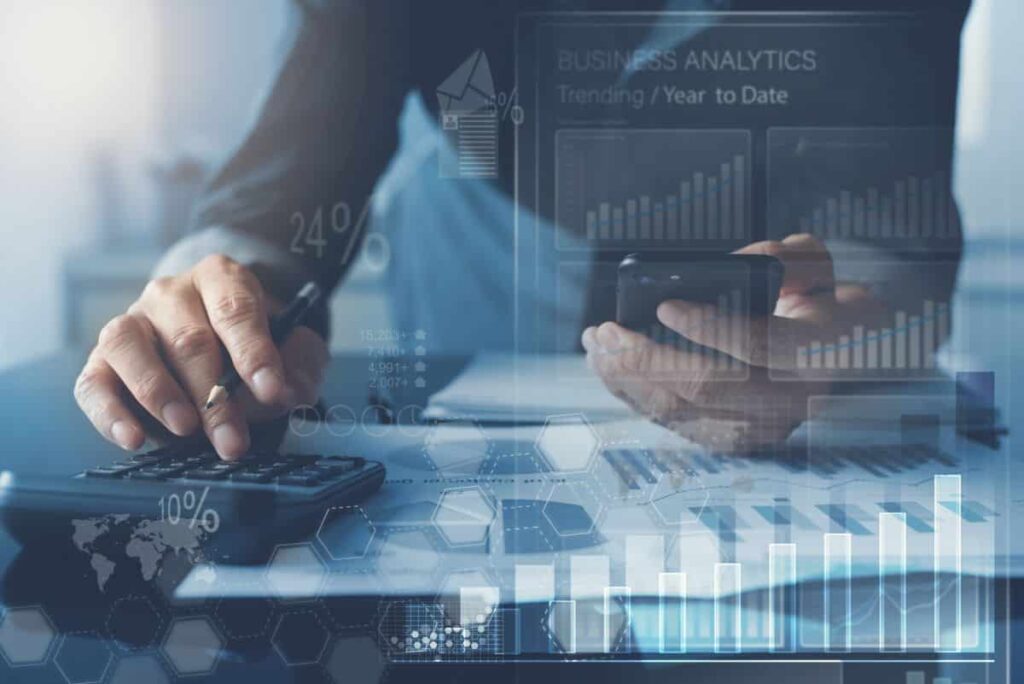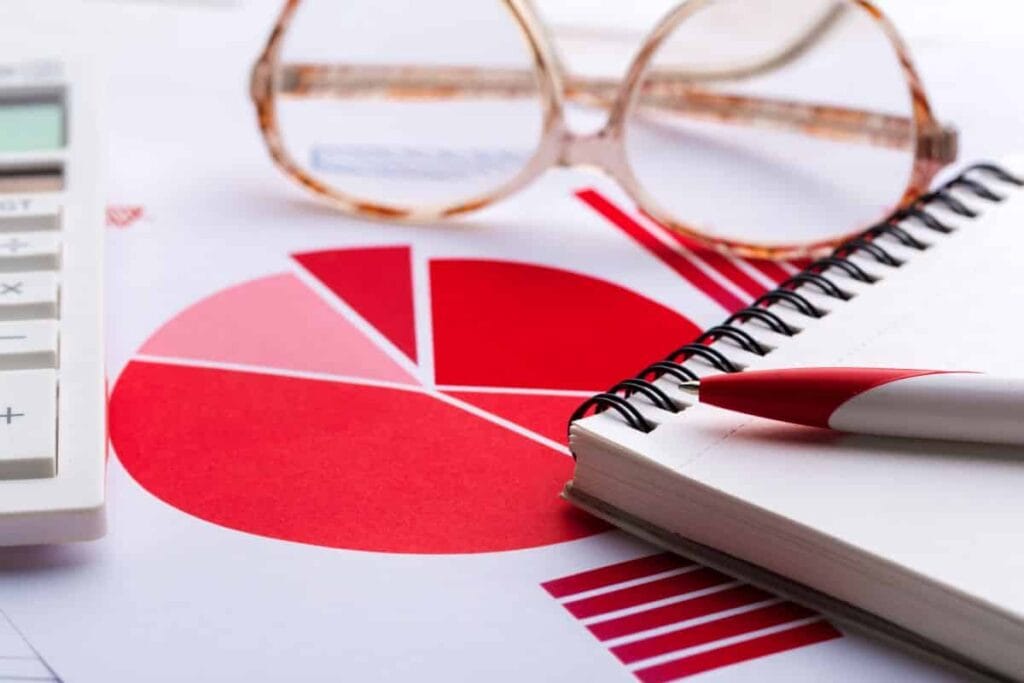Tax Essentials For Small Businesses
Tax time can be stressful for owners of small businesses, but it’s critical to have a solid foundational understanding of the fundamentals in order to maximize your refund.
In this article, a general overview of important tax principles for small businesses, such as filing requirements, deductions, and exemptions, will be provided. After that, if you prepare yourself with some basic information in advance, you’ll be able to file your return with complete assurance and make the most of your company’s tax obligations.
Beginning a small business in Australia is a fantastic way to make money and be your own boss; however, prior to getting started, it is essential to get an understanding of the tax laws that apply to small businesses. This blog post will provide an overview of the fundamentals of Australian small business taxation, including income tax rates, deductions, and the goods and services tax (GST).
Did you know that as the owner of a small business in Australia, it is your responsibility to manage the tax issues associated with your company? This may appear to be an impossible task, but with enough preparation and organization, it can be completed successfully.
In this article, we will discuss some of the most important tax fundamentals that you, as the owner of a small business, need to be familiar with. In addition to that, we will offer some helpful advice on how you can fulfill all of your tax responsibilities throughout the year.
The proprietors of small businesses in Australia are burdened by the country’s extensive paperwork and convoluted legal requirements. As the owner of a small business, one of the most important things you need to do is properly file your taxes; however, it is not always clear how to get started with the process.
This blog post will provide an overview of the taxation system that applies to small businesses in Australia and will detail the most important elements that you need to know in order to file your taxes in the correct manner. You’ve arrived to the right location if you were hoping to get a guide to the upcoming tax season.
When you own a small business in Australia, filing your taxes can feel like a monumental task. But if you have the appropriate information, you won’t have to worry about it! This essay will provide an overview of the most important aspects of Australian small business taxation that you need to be aware of.
We will go through everything, from how to apply for an ABN to what kinds of deductions you are eligible to claim. Read on for some of the best advice we have to offer, whether you’re just getting started or getting ready for tax season!
The administration of taxes is almost always the responsibility of the proprietor of a small firm. On the other hand, the laws governing taxes can be difficult to understand.
This article offers a high-level review of the most significant tax ideas that proprietors of small businesses need to be familiar with. You will be able to manage your tax obligations better and avoid any costly mistakes if you have a solid understanding of these fundamentals.
When you own a business, it is vital to be aware of the numerous tax necessities and deadlines that apply to your company. In this article, we will provide an overview of some of the most important aspects of Australian taxation that you should be aware of in order to fulfill your documentation and compliance responsibilities in a timely manner.
In addition, we will offer advice on how to simplify the process of filing taxes to the greatest extent possible. Continue reading if you are interested in learning more about the tax system in Australia.
Are you the owner of a small business who is perplexed about the fundamentals of taxes? Do you know what you need to do in order to prevent getting in trouble and staying in compliance? If not, have no fear; this post on the blog was written specifically for you.
We are going to go over the most significant aspects of taxes that you need to be aware of, such as the types of taxes that apply to your company, how to file your return, and other relevant information. Continue reading for some useful tax advice that you can use to simplify the process of filing your return!
If you own a small business in Australia, you have a responsibility to educate yourself on the many tax rules and obligations that apply to you. This helpful guide gives an overview of the important fundamentals you need to know, such as how to register for GST and how to record income and spending.
Read on for some of our best advice if you want to make your tax preparations less stressful and get the most out of your money.
Let’s get started!
Tips for Understanding & Categorising Your Business Expenses
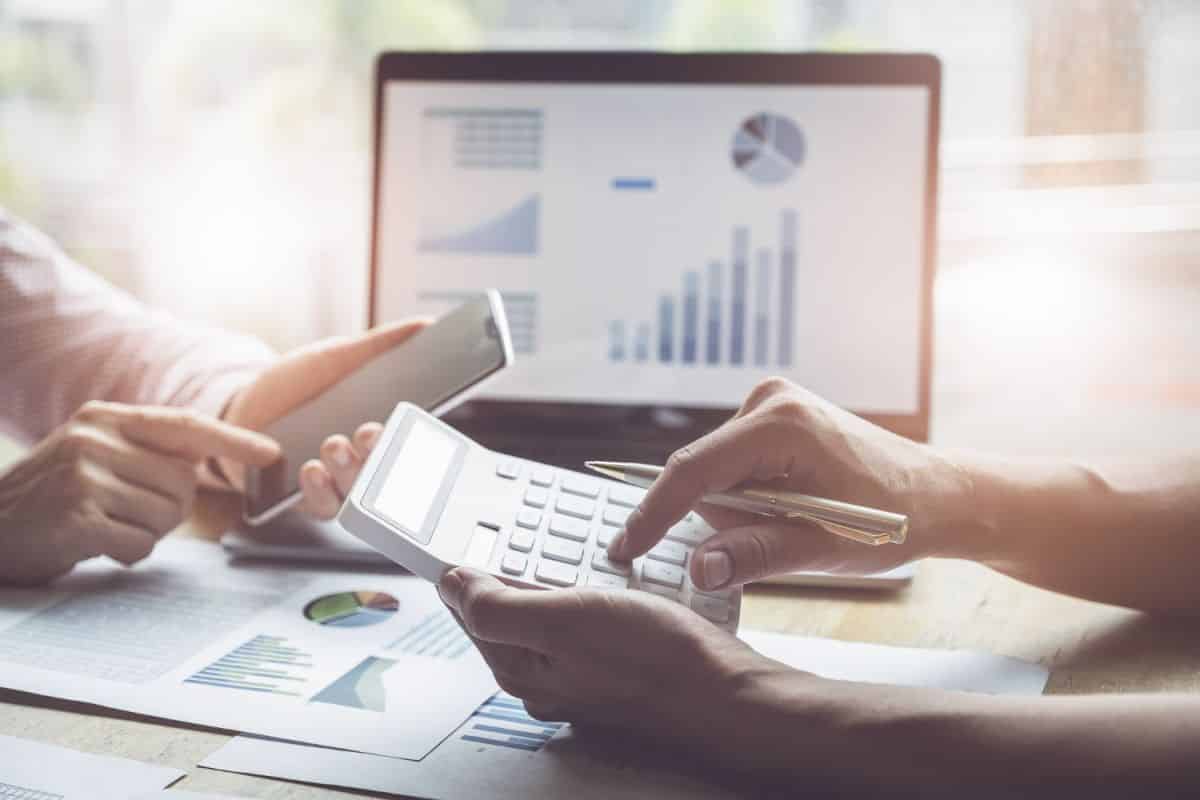
There are about 2.5 million firms that are operational in the Australian economy, as of the most recent data made available by the Australian Bureau of Statistics. There are over 5 million people that are employed by small enterprises across the country. Approximately 97 percent of these companies have fewer than 20 members of staff.
As a consequence of this, it is not an exaggeration to assert that small enterprises are the driving force behind the economy of our nation.
And proprietors of small businesses need to maximize their revenues and maintain tight control over their cash flow in order to keep the economy going forward. This requires an awareness of all of their financial concerns, including the recording and classification of small business expenses for the purpose of claiming tax deductions.
1. What Are Business Expenses?
The term “business expenses” refers to any and all costs, essential and otherwise, that must be borne by a company in order for it to continue to function and conduct business. At tax time, you may be allowed to deduct some of these business expenses if the company is run with the intention of making a profit. This will result in a lower overall amount of income that is subject to taxation.
When determining how much of your income is subject to taxation, the ATO will apply the following formula:
Calculating taxable income is as simple as subtracting tax deductions from taxable income.
The “Assessable Income” component of this equation refers, in most cases, to the total amount of the “gross pre-tax income” received from operating a firm.
It also includes all other forms of income from transactions that were intended to earn a profit, such as capital gains, stock trading, crowdfunding, government payments, sharing economies, international income, and investments in cryptocurrencies like Bitcoin and Ethereum.
Not counting the Goods and Services Tax (GST), taxpayers will be able to claim tax deductions for the majority of the day-to-day costs associated with operating a for-profit corporation. Therefore, in order to greatly boost your savings, it is necessary to keep track of and organize the expenses of your small business.
2. Different Categories Of Company Expenses
Expenses incurred by a company can be broken down into four primary categories: general, operating, capital, and inventory. Please see the following for further information regarding each:
1. General Expenses
All of these are common expenses you will incur in the course of managing and controlling your company. This comprises costs associated with employing personnel, such as wages or salaries, as well as contributions to superannuation plans.
2. Operating Expenses
This comprises any and all of the essential expenses associated with operating a business. Rent, utilities, marketing, maintenance, automobiles, and any other expenditures associated with running a business are included in this category. It is possible that these charges are also referred to as revenue expenses or working expenses.
3. Capital Expenses
Capital expenses include the cost of purchasing any assets that will be used in the production of goods, the provision of services, or any other activity that will lead to an increase in growth or profits. This covers the cost of purchasing cash, vehicles, patents, manuals, and real estate, in addition to other assets such as furniture, machines, and other household goods.
4. Inventory Expenses
These are any costs, direct or indirect, that are directly or indirectly related to the inventory. Some examples of these costs are storage, taxes, insurance, and shortages.
The following are the three primary categories of inventory:
- Components Intacts;
- Work-In-Progress;
- Completed Products.
Despite the fact that business inventory does not qualify for a tax deduction, it might be utilized to bring down the total gross receipts. Because of this, it is imperative that, at the end of each fiscal year, a full accounting be performed on the entire worth of all trade inventory.
3. Deductible Business Expenses (Partially Or Fully Deductible)
The good news is that the vast majority of the expenditures incurred in operating your business, including the general costs that are incurred as a result of doing so, can be deducted from your taxable income in order to lower that amount.
Having said that, there are some exclusions that are only eligible for a partial reduction, while others are completely disqualified from consideration.
The Australian Taxation Office (ATO) states that in order to qualify for a tax deduction, a firm must satisfy all of the following conditions:
- They are closely associated with the process of making money for the company;
- You maintain records to provide evidence in support of your claims;
- They are not for personal use and are reserved only for the company’s operations.
*Only the portion of an expense that was utilized for business purposes can be deducted, even if it was used for both personal and professional reasons.
The following is a list of the categories that can be claimed as deductible business costs by the majority of firms.
- Payroll, salaries, and benefits for staff members
- Rent or Mortgage
- Communications, Internet access, and data storage on the cloud
- Inventories as well as Stock
- Insurance
- Transportation for business purposes and lodging
- Relations with the public
- Licenses & Permits
- Professional services including Accounting, Legal, and Consulting
- Office Furniture, Equipment, & Supplies
- Utilities
- Upkeep and Mechanic Services
- Cars and Other Expenses Relating to Motor Vehicles
- Promotion, Sponsorship, and Advertising Markets
- Services Relating to Software and Subscriptions
Although this is not a full list, it should provide a solid starting point for your investigation. If you educate yourself about the many types of expenses that are typically incurred by small businesses, it should be much simpler for you to decide what kinds of costs you are eligible to deduct when it comes to filing your taxes.
4. Non-Deductible Expenses
Although a large majority of expenses incurred by a small business qualify as tax deductions, not all of them do.
Political contributions or lobbying, social memberships, and obviously any criminal activity are examples of small business expenses that can’t be deducted from taxable income. Other examples of small business expenses that can’t be deducted from taxable income include: The following items are examples of some of the most typical business expenses that are not tax-deductible:
- Penalties or Financial Sanctions;
- Expenses For Client Entertainment;
- Unrelated to One’s Financial Situation Gifts;
- Component of Expenses Relating to GST;
- Personal Expenses.
Even though the business has already paid for the expenses listed above, the Australian Taxation Office (ATO) does not consider them to be tax-deductible.
Small Business Tips For Your 2022 Business Tax Return
1. Claim, claim, claim
The amount of money that has had to be spent in order to keep a large number of small enterprises afloat and operational in the wake of the COVID-19 outbreak has been substantial. This is true even as we begin to take steps toward recovery.
Every single small business in Australia has been forced to spend money in order to continue producing money. This includes spending money on things like safety equipment and rising production expenses.
Therefore, when it comes to what tax deductions you can claim, you can normally deduct it if you have had to spend money on it to keep running your business and it directly connects to earning your assessable income.
You may find a comprehensive list of refundable products and services on the ATO website; nevertheless, some of the more noteworthy things for 2021 are as follows:
- COVID provides you, your employees, and your customers with high-quality, risk-free personal protective equipment (PPE) for use within your company;
- Self-education for owners of small businesses who have been working to improve their skills in preparation for their roles during the lockdown;
- You are going to need access to brand new technologies if you want to be able to continue running your company and simulate intricate office settings when you are working from home.
- Costs of accounting for small businesses.
As an alternative to spreading out the cost of an asset’s depreciation over a number of years, you can take advantage of the Instant Asset Write off and Temporary Full Expensing schemes that are being implemented by the government during FY21 and claim an immediate tax deduction for the majority of your assets, such as furniture and computer equipment. You can get further information on the ATO website, or you can get in touch with your tax professional to talk about your circumstances.
2. Do you declare Job Keeper and Job Seeker?
Due to the adoption of a variety of government support measures for small businesses in reaction to COVID-19, filing your tax return this year is slightly more complicated than it is in normal years. This is a trend that will continue into 2020.
When it comes to filing claims, on the other hand, everything is quite cut and dried: you have to report any payments you receive from Job Keeper or Job Seeker as income.
Check out the helpful advice that the ATO has provided for additional information about how to include the COVID-19 financial packages in your tax return for the fiscal year 2020-21.
3. Unpaid invoices can work in your favour
The good news is that if you have unpaid invoices from customers who are unable to pay (which, given the recent string of lockdowns that many small businesses have been forced to endure, is not an unusual occurrence), then there is a possibility that you will be able to write those off as bad debts.
The term “bad debt” refers to any unpaid invoices you may have, where you are certain that those outstanding invoices are not going to be paid and where you have made multiple attempts to retrieve payment. In other words, you are convinced that those outstanding invoices will not be paid.
You may be able to minimize the amount of revenue subject to taxation by writing off bad debts; nevertheless, it is always advisable to have a conversation with your business tax accountant about your particular circumstances and how to write off bad debts.
4. The consumption of alcoholic beverages during the workday does not qualify as a deductible business expense
Do you believe you will be able to deduct the cost of some pub lunches from your small business tax return this year? Think again. When it comes to filing your taxes, you should avoid the temptation to engage in what is known as “creative accounting,” but it is essential to follow the laws that govern what can be claimed as a write-off for a small business.
Aside from the penalties, which can include fines of up to 360 thousand dollars and jail terms in some situations, you must also keep in mind that you are responsible for a business and a workforce.
It is a good idea to check what you may claim and what you cannot claim however some of the more typical mistakes that are made by owners of small businesses include claiming products such as:
- Luxury bags disguising as ‘laptop bags’;
- Dry cleaning in a uniform style for products that are not uniform;
- Client lunches or dinners
- Personal UBER or taxi fares
- Without a logbook, the vehicle has a cost that exceeds 5,000 kilometers.
Write-Offs And Deductions On Your Tax Returns For Your Small Business
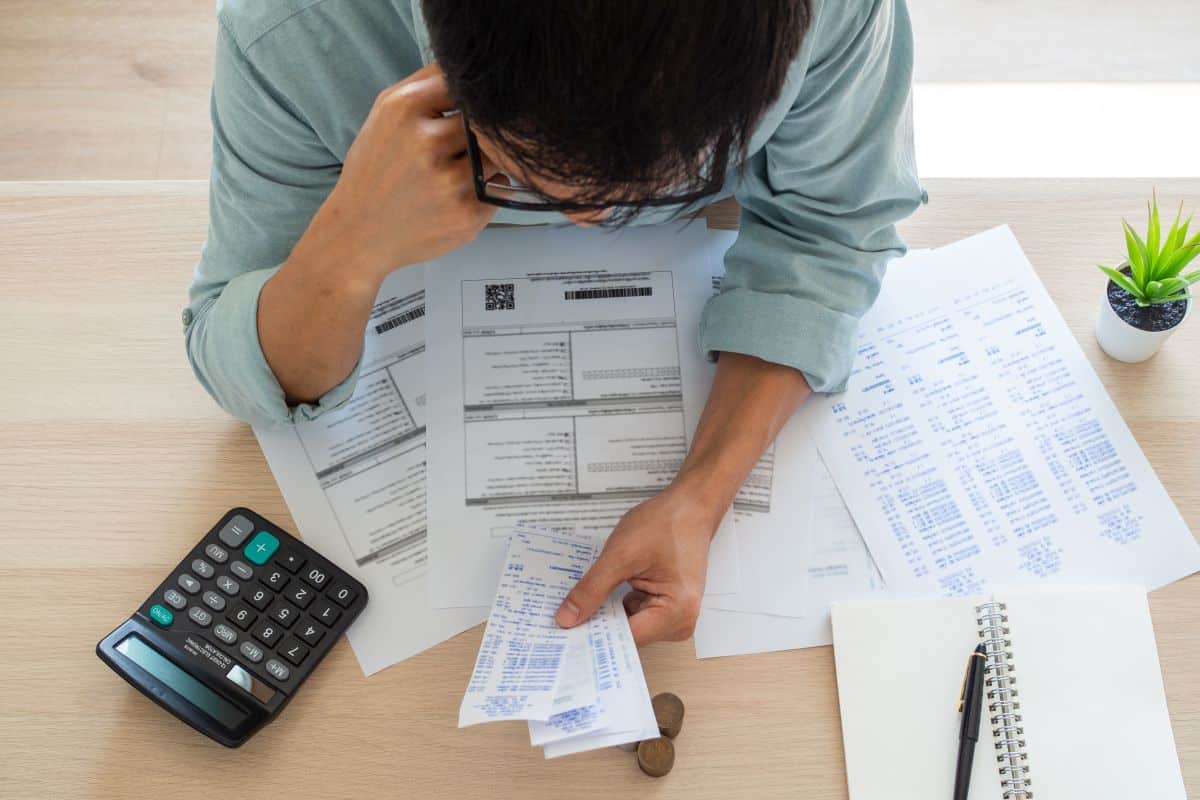
1. Making use of the immediate asset write-off for a firm
Because of this regulation, you may be able to deduct the cost of qualified company assets, such as automobiles, machinery, and equipment, in the same year that they were purchased.
If the requirements are met by your company, you may be allowed to deduct expenses related to the purchase of assets on your tax return for the year 2021. This is subject to the condition that they have their initial use or have been installed and are ready for use within the time periods specified by the ATO.
It is possible that you still have time to make purchases for your company and deduct the qualified amount from the amount of income you made in that tax year. As a result of the complication of the laws and the fact that not every purchase or expenditure may be eligible, you will need to consult with an independent tax advisor before purchasing the item in question.
2. Making claims for the accumulated cost of company assets
In most cases, you will not be able to take advantage of tax deductions right away (with the exception of certain exceptional circumstances, such as the instant asset write-off, which was covered earlier). Instead, the cost of the asset is claimed over time, which reflects the asset’s declining value over time.
Tax depreciation is the term that most people use to refer to this process. The process of depreciation on taxes is complicated, and several laws may apply based on the kind of asset and how it is put to use. In addition, certain entities that fall under the category of small businesses may make the decision to compute their tax depreciation claim in accordance with simplified depreciation regulations.
3. Prepaid expenses
It can be expensive to manage your own business, but you may be able to deduct some of the costs associated with doing so from your taxable income. This includes expenses that you pay for in advance.
If you prepay part of your expenses before the 30th of June, you may be able to enhance the amount of your deductions that you are allowed to take for the financial year in which those expenses were paid. Expenses that have a service period of one year or less and fall under the category of “eligible expenses” include things like annual premiums, utility bills, and professional subscriptions.
Take into consideration that if you claim them this year, you won’t be able to claim them again next year, which could result in an increase in the amount of tax you owe the following year.
4. Expenses related to business accounts and loans
At the end of the tax year, it is in your best interest to give some thought to the question of whether or not you are eligible to deduct the fees and interest associated with your business accounts and loans.
5. Tax deductions for individual retirement savings contributions
If you are under the age of 751, you may be entitled to deduct personal contributions to superannuation that you have contributed to an approved super fund from your taxable income.
To be eligible for contributions, individuals between the ages of 67 and 74 are required to pass the work test, which stipulates that they must have held a job that required them to work a minimum of 40 hours per week for a period of at least 30 consecutive days throughout the fiscal year.
Due to the work test exemption, beginning on July 1, 2019, if you are aged 67 to 74 (measured at the time of the contribution), you may be eligible to continue making voluntary contributions for a further 12 months from the end of the fiscal year in which you last met the required work test. This opportunity is available to you if you are between the ages of 67 and 74 at the time the contribution was made.
To be eligible to make contributions under the work test exemption, the total amount of money in your superannuation account must be less than $300,000 at the beginning of the financial year in which you make the contribution. Once you have satisfied the requirements of the work test exemption for a certain fiscal year, you will no longer be eligible to do so in subsequent years.
It is imperative that you keep in mind, in order to claim a personal superannuation deduction for the financial year, that the combined total of your superannuation guarantee payments, salary sacrificed amounts, and your personal tax-deductible contributions do not exceed $25 000 in a financial year. If it does, you will be subject to additional taxation on top of what you are already paying.
You are required to provide a valid “Notice of intent to claim or vary a deduction for personal super contributions” form to your super fund within the prescribed time limits in order to make a personal tax-deductible contribution. Additionally, you are required to receive an acknowledgment for a valid notice in writing from the super fund. If you plan to claim a tax deduction for personal contributions, you should look at the information provided on the ATO website.
6. Other deductions
In the event that you have lately been working from home as a result of the coronavirus, you may be eligible to claim tax deductions for costs that are associated with the generation of your income.
Before you can claim a certain amount on your tax return, there are several factors that you need to take into consideration. For instance, you need to determine whether or not you are eligible to use the “shortcut method” that has been temporarily approved by the ATO (which is 80 cents per hour for all additional running expenses) for the period beginning on July 1, 2020 and ending on June 30, 2021.
It’s possible that other ways of calculation are acceptable as well, and perhaps even more so, given your circumstances. Having said that, it is in your best interest to think about which approach is appropriate for you and the conditions that must be completed in order to claim a deduction. The website of the ATO contains more information that can be accessed there.
There are a variety of different costs that you incur to maintain your company operationally or to assist you in generating cash from your business. Some of these costs may be deducted from your taxes. You can get additional information regarding deductions that you are eligible to claim by visiting the website of the ATO or by interacting with an accountant or tax adviser.
Accounting Advice for Small Businesses to Help You Better Manage Your Cash Flow
Establishing solid practices for the management of one’s company’s cash flow is essential to the success of any and all businesses, be they start-ups, existing small businesses (SME), or large corporations.
Cash flow management should be at the top of the to-do list for owners of small businesses. If you do not have an adequate cash flow, you may quickly find yourself in serious trouble. You want to steer clear of this hazard to your company’s finances.
The following are some of the most important accounting advice for small firms, which will assist companies in effectively managing their cash flow.
Rule 1: Make sure you’re never too busy to send out invoices.
Running a small business from day to day can be time-consuming, and it’s easy to let paperwork (whether it’s physical or digital) pile up. But if you’re not invoicing on time, you’re not getting paid on time or generating the revenue to support your business goals.
Tip: Use invoicing software that triggers an invoice to be sent when a product or service is delivered and sends a reminder before the due date if needed. An alert can also be programmed to tell you when someone doesn’t pay on time.
Rule 2: Always have a cash reserve
When managing a small or medium-sized enterprise (SME), it is imperative to have a cash reserve. Your company could be thrown into disarray at any time by an unanticipated personal, regional, or international catastrophe. This could happen at any moment. As a result, it is likely essential to the continued existence of your small business that you maintain a cash reserve.
Making sure you have contingency plans in place is an important component of managing your cash flow effectively. As a result, you should make it a priority to save aside that additional money and refrain from using the savings account for your company unless it is really necessary.
Consider submitting an application for a small business loan if you run into difficulties with your company’s cash flow. You can use your cash reserve to pay it back later if necessary; however, if you use up your reserve and your cash flow position seems terrible, it may be more difficult for you to obtain a business loan.
Rule 3: Keep your bookkeeping meticulous, no matter what
Keeping impeccable accounting records can keep you out of legal hot water and make it simple to find solutions to problems in the event that inquiries are made about the way you handle your money. If keeping accurate financial records isn’t your strong suit, employ accounting software and contract out the more complicated tasks; nonetheless, you shouldn’t allow your record-keeping to suffer.
A useful piece of advice is to keep in mind that if you pay for something with a company credit card, the transaction won’t have any effect on your books until you pay the bill associated with the credit card. Don’t put your books in the red by accidentally debiting them twice!
Rule 4: Be kind to your consumers, but don’t go out of your way to please them
When it comes to your consumers, being overly accommodating can put you in an unneeded position of having to scramble for cash.
Because it is detrimental to your cash flow to keep a balance for a customer, you should make sure to send them an invoice, follow up with them, and continue doing so until you are paid in whole. Because Australia has included payment conditions into its legal framework for contracts, the only person who can prevent you from getting paid is yourself if you aren’t sending out invoices in a timely manner.
A word of advice: you don’t need to be cruel, but you also can’t afford to be a pushover. Keep an eye on the turnover of your accounts receivable, and if required, devise a strategy for aggressively pursuing payments that are owed to you.
Rule 5: Separate your personal and professional finances as much as possible
If you plan to use your funds in the establishment or operation of your small business, you should be careful to spend no more than you can comfortably manage. Protecting your personal finances should always be your primary concern, regardless of whether or not your small business is profitable.
A helpful advice for your company is to open a business checking account, a business savings account, and either a business debit card or a small business credit card. This will prevent your personal finances from becoming mixed up with the finances of your company, and it will also make it easier for you to monitor the cash flow of your company.

